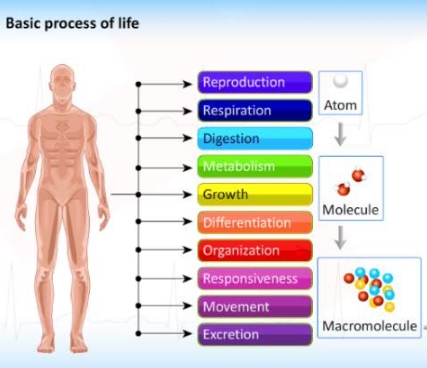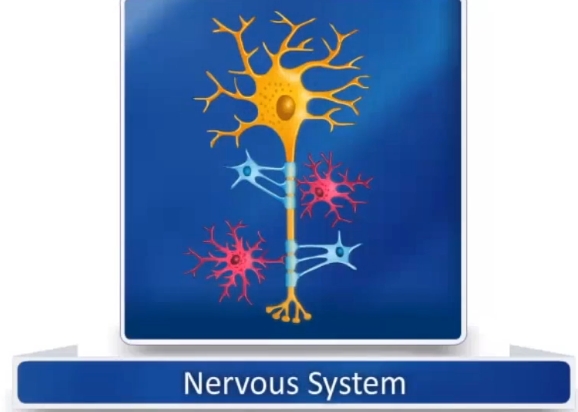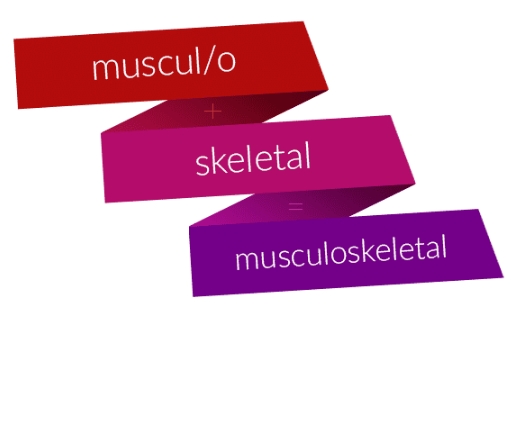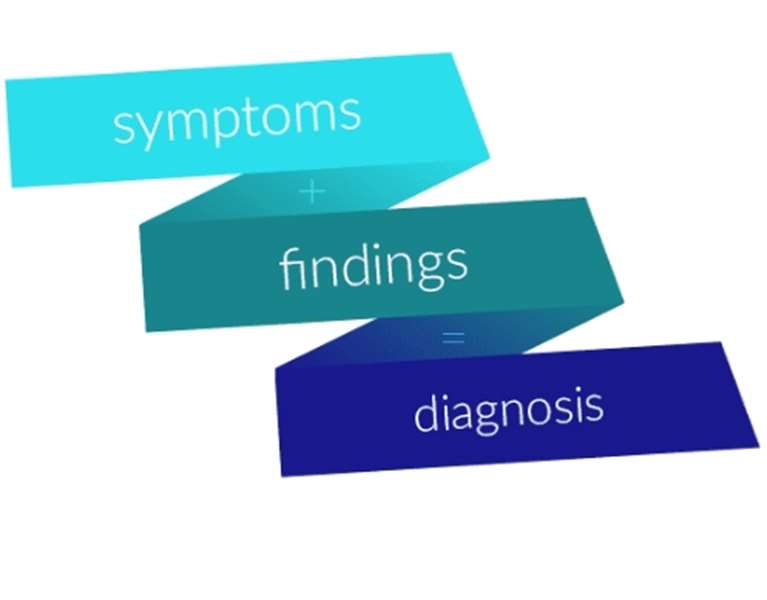About this course
Healthcare and medical professions have their own vocabulary, a specialised language that allows for quick and efficient communication between its members while minimising potential misunderstandings. Whether you are new to the medical profession or need a refresher class, we have a medical terminology course that will give you the boost you are looking for to further your career! In this course, we will cover the medical language and terminology used by healthcare professionals everywhere (in this specific subject area). If you’re interested in pursuing a health career and need the ability to communicate with medical professionals, you will find this course a perfect fit by providing you with a solid foundation in medical language.
This course forms one (subject-specific) module of our comprehensive "Medical Terminology" programme (which is comprised of 17 subject modules in total). The full programme is recommended if you require an extensive primer in various core aspects of medical terminology.
Lesson Objectives
- Identify the types of diagnostic testing done and information provided.
- List most common blood and urine laboratory testing and define information given.
- Define the different types of diagnostic radiology studies, their purpose and technological terms.
- Identify other types of diagnostic testing such as physical exam, orthopedic maneuvers, etc.
- Analyze word parts and abbreviations as they relate to diagnostic medicine.
- Define how performance of diagnostic procedures aid in establishing diagnoses and aid in the maintenance ofoverall health in the general population.
Content
- 17.0 Diagnostic Testing
- 17.1 Types of Tests
- 17.2 Imaging Studies
- 17.3 Endoscopic Examination
- 17.4 Body Function Measurement
- 17.5 Biopsies and Tissue Samples
- 17.6 Genetic Testing
- 17.7 Physical Examination
- 17.8 Laboratory Tests
- 17.9 Most Common Laboratory Tests
- 17.10 Laboratory Tests for Organ Systems
- 17.11 Laboratory Terms
- 17.12 Diagnostic Procedures
- 17.13 Imaging Techniques
- 17.14 Radiologic Terminology (A-E)
- 17.15 Radiologic Terminology (F-P)
- 17.16 Radiologic Terminology (R-W)
- 17.17 Pharmacologic Agents for Imaging
- 17.18 Iodinated Contrast Media Product Names
- 17.19 Physical Testing Modalities
- 17.20 Diagnostics by Organ System & Integumentary System
- 17.21 Orthopedic Blood Tests
- 17.22 Other Types of Orthopedic Tests
- 17.23 Cardiology Blood Tests
- 17.24 Other Cardiac Diagnostic Tests
- 17.25 Hematology, Lymphatic and Immune Systems and Oncology Blood Tests
- 17.26 Hematology and Oncology Urine & Coagulation Tests
- 17.27 Radiologic and Medical Procedures for Hematology and Oncology
- 17.28 Gastroenterology Blood Tests
- 17.29 Gastroenterology Radiology Studies
- 17.30 Respiratory Tests
- 17.31 Imaging and Diagnostic Respiratory Tests
- 17.32 Neurology Body Fluid Tests
- 17.33 Other Neurology Testing Procedures
- 17.34 Genitourinary Blood and Urine Tests
- 17.35 Genitourinary Radiologic Studies
- 17.36 Other Types of Genitourinary Studies
- 17.37 Reproductive Tests – Female
- 17.38 Pregnancy and Neonatal Tests
- 17.39 Other Gynecologic Procedures
- 17.40 Reproductive Tests – Male
- 17.41 Other Male Health Procedures
- 17.42 Opthamology Procedures
- 17.43 Ears, Nose and Throat Testing Procedures
- 17.44 Chapter 17 Quiz 1
- 17.45 Endocrinology Testing Procedures
- 17.46 Physical Tests
- 17.47 Psychiatry
- 17.48 Chapter 17 Quiz 2
- 17.49 Prefixes, Suffixes and Combining Forms
- 17.50 Chapter Review
- 17.51 Chapter 17 Test
- 17.52 Diagnostic Data Chapter Survey





